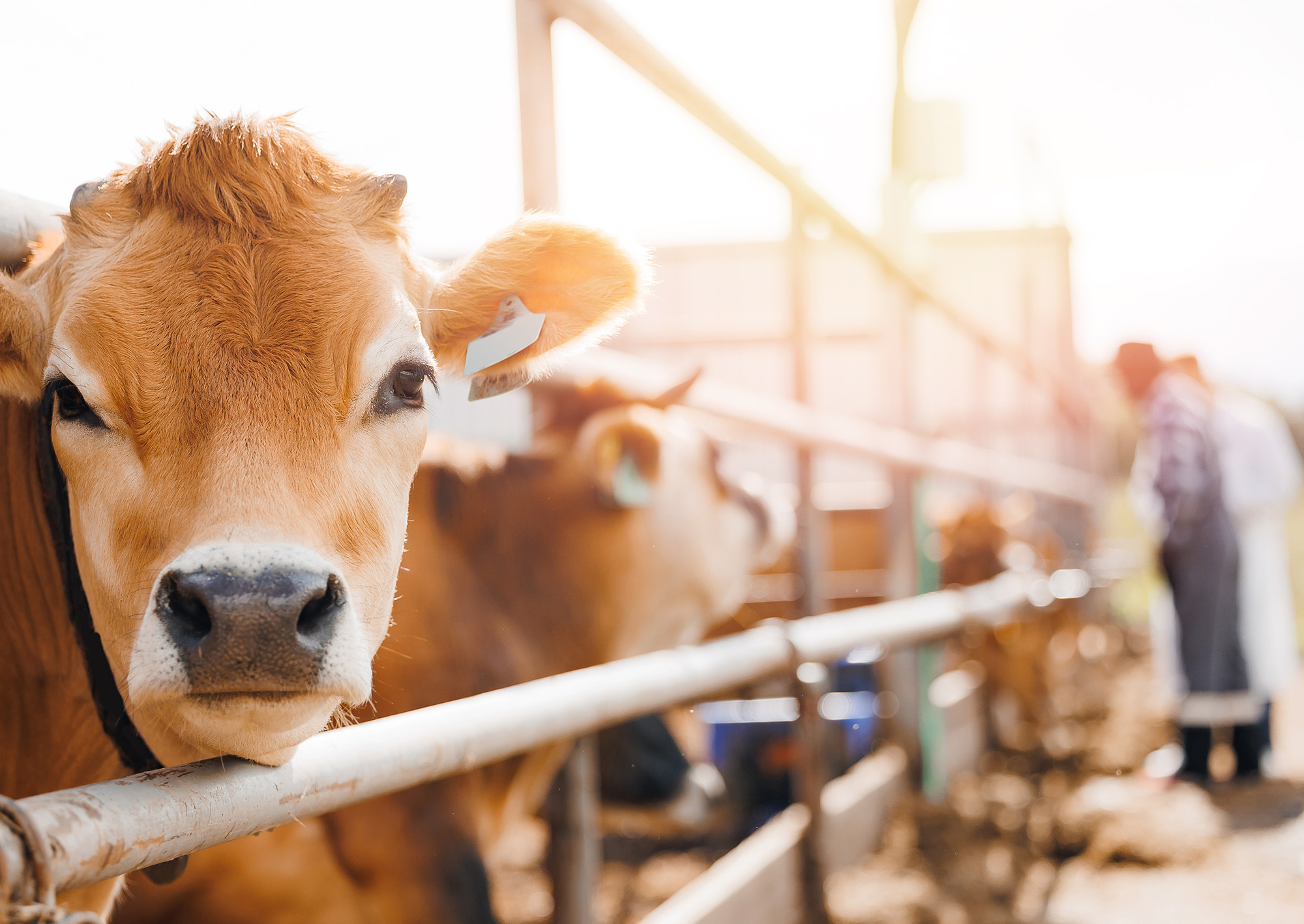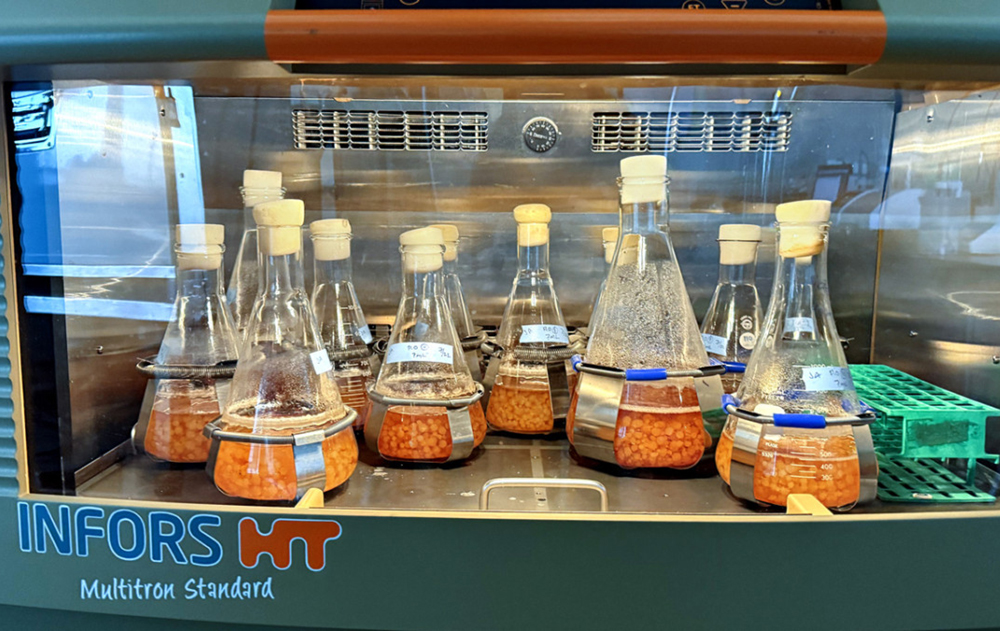

Oxford study finds global shift to plant-based diets could reshape farming jobs and save up to US$995 billion annually
A worldwide move toward plant-based diets could transform the structure of agricultural employment, cutting global labor needs and saving nearly a trillion dollars in farming costs each year, according to new research from the University of Oxford.
The study, published in The Lancet Planetary Health by researchers at Oxford’s Environmental Change Institute (ECI), found that dietary shifts toward flexitarian, vegetarian, vegan, or pescatarian eating patterns could reduce global agricultural labor requirements by between 5% and 28% by 2030 – the equivalent of 18 to 106 million full-time jobs.
Led by Dr Marco Springmann, Senior Researcher at the ECI and Professorial Research Fellow at University College London, the research provides the first country-level assessment of how changing diets could alter farming employment across 179 nations. It concludes that while fewer workers would be needed for livestock production, millions more would be required to grow fruits, vegetables, legumes, and nuts, especially in lower-income countries.
“Dietary change doesn’t just affect our health and the planet – it also has a big impact on people’s livelihoods,” said Springmann. “Moving away from meat-heavy diets reduces the need for labor in animal production but increases demand in horticulture and food services. Consistent strategies and political support will be needed to enable just transitions both into and out of agricultural labor.”
The researchers combined a global inventory of labor requirements for 20 crop and livestock categories with biophysical food-system models to estimate how alternative diet scenarios would affect employment. Under all modeled diets, the global balance of agricultural work shifted markedly, reflecting the reduced intensity of animal agriculture and the increased labor demands of growing diverse plant foods.
The analysis suggests that the overall rebalancing of food production could reduce agricultural labor costs by between US$290 billion and US$995 billion each year (adjusted for purchasing power parity) – equivalent to around 0.2-0.6% of global GDP.
Countries with livestock-heavy economies, including many high- and upper-middle-income nations, would likely see the sharpest reductions in labor demand. In contrast, lower-income regions could see a net increase in agricultural employment, with between 18 and 56 million new workers needed to produce higher volumes of fruits, vegetables, and pulses.
Co-author Professor Michael Obersteiner, Director of the Environmental Change Institute, said the findings underscore the complex social and economic consequences of shifting diets. “Our research shows that food-system transformation has major implications for employment and livelihoods,” he said. “The goal should be to manage these transitions in ways that protect workers while improving the sustainability and resilience of agriculture.”
The study emphasizes that proactive policies will be essential to ensure a fair transition. These include retraining programs, redeployment of workers into horticulture and related sectors, and targeted investment in plant-based food production. Without such measures, regions heavily dependent on livestock farming could face significant economic disruption.
Professor Sir Charles Godfray, Director of the Oxford Martin School and co-author of the study, said that understanding labor impacts is a critical part of designing sustainable food policies. “We often talk about the environmental and health benefits of dietary change, but the social dimension – what it means for people’s jobs – has received far less attention,” he said. “This study helps fill that gap.”
The results highlight that dietary change is not just an environmental or health issue but also an economic and employment one, with ripple effects that could reshape rural communities and trade patterns worldwide.
Dr. Yiorgos Vittis, an agricultural and food economist and co-author, added that the data provide governments with new tools to anticipate and plan for these shifts. “The analysis offers the most comprehensive assessment to date of how global dietary transitions could reconfigure agricultural employment,” he said. “It enables policymakers to understand where new opportunities will emerge and where support will be most needed.”
The study forms part of a growing body of research exploring how food-system transformation can support climate and biodiversity goals while improving human nutrition. By linking dietary change with employment impacts, the authors argue, policymakers can better design interventions that balance economic, environmental, and social priorities.
The paper, Labour requirements for healthy and sustainable diets at global, regional, and national levels: a modelling study, is available in The Lancet Planetary Health and can be accessed here
If you have any questions or would like to get in touch with us, please email info@futureofproteinproduction.com

.png)






